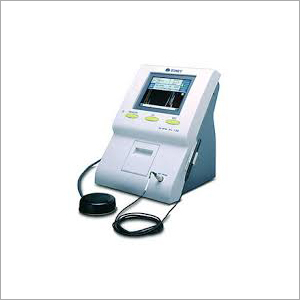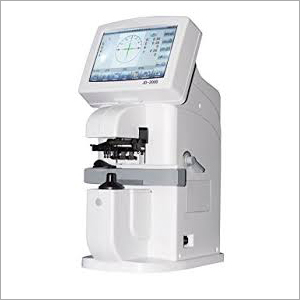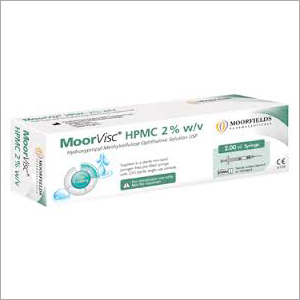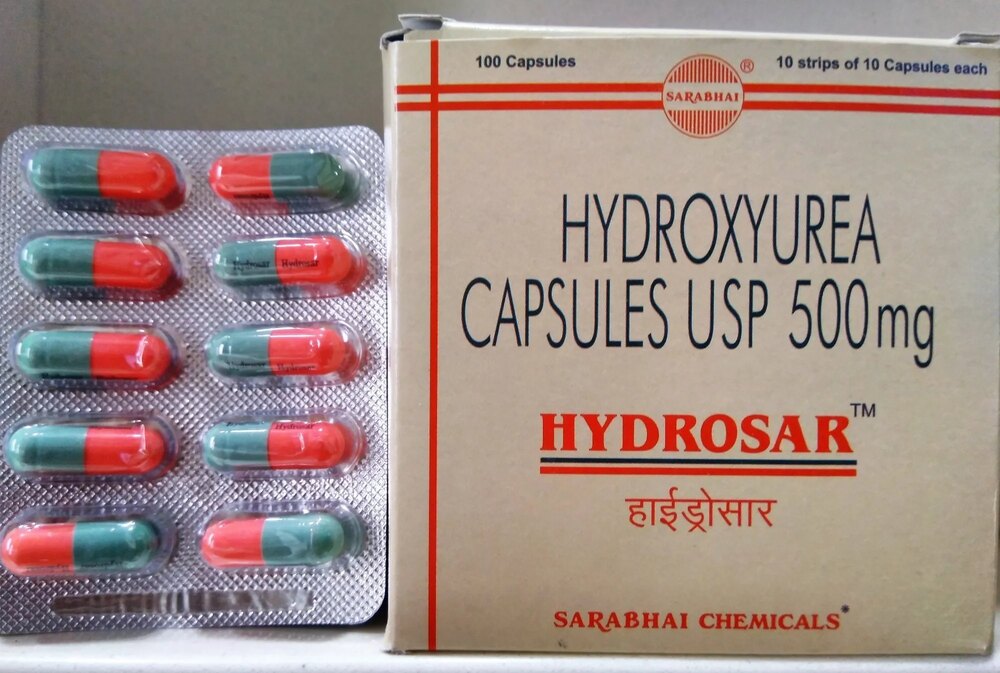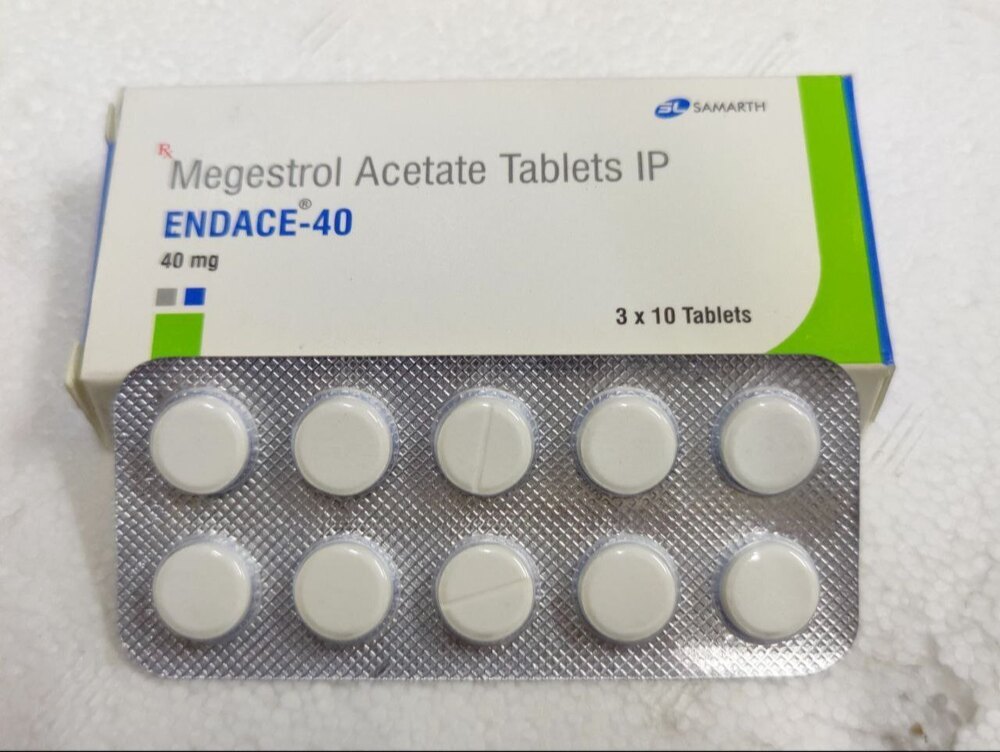|
Diclofenac Potassium Tablets 100mg
Diclofenac Potassium Tablets 100mg Trade Information
- Minimum Order Quantity
- 100 Packs
- FOB Port
- AHMEDABAD
- Payment Terms
- Paypal, Cash Advance (CA), Cash in Advance (CID), Letter of Credit at Sight (Sight L/C), Letter of Credit (L/C)
- Delivery Time
- 3 Days
- Sample Policy
- Sample costs shipping and taxes has to be paid by the buyer
- Packaging Details
- Box
- Main Export Market(s)
- Asia, Australia, Central America, North America, South America, Eastern Europe, Western Europe, Middle East, Africa
- Main Domestic Market
- All India
About Diclofenac Potassium Tablets 100mg
Diclofenac Potassium Tablets 100 mg is a nonsteroidal anti-inflammatory drug (NSAID) that is commonly used to relieve pain, reduce inflammation, and lower fever. It is especially effective for conditions involving acute pain and inflammatory disorders.
What is Diclofenac Potassium?
- Class: NSAID (Nonsteroidal Anti-Inflammatory Drug)
- Mechanism of Action: Diclofenac works by inhibiting cyclooxygenase (COX) enzymes, particularly COX-2, which are responsible for producing prostaglandins”chemicals in the body that promote inflammation, pain, and fever. By blocking the COX enzymes, diclofenac reduces these inflammatory responses and alleviates pain and swelling.
Common Uses:
- Pain Relief: Diclofenac Potassium is used to manage moderate to severe pain, such as:
- Acute pain (e.g., pain from an injury, surgery, or dental procedures)
- Musculoskeletal pain (pain from muscles, bones, joints, or tendons)
- Osteoarthritis and rheumatoid arthritis (to reduce pain and inflammation)
- Gout attacks (to reduce swelling and pain in the joints)
- Fever Reduction: Diclofenac can be used to help reduce fever associated with infections or inflammatory conditions.
- Inflammation: It is commonly used to reduce inflammation caused by conditions like osteoarthritis, rheumatoid arthritis, or ankylosing spondylitis.
Dosage and Administration:
- Typical Dose:
- The usual dose for adults is 100 mg per day, which may be taken as a single dose or divided into two doses (50 mg in the morning and 50 mg in the evening). The specific dosage depends on the condition being treated and your healthcare provider's recommendations.
- The dosage may vary depending on the severity of symptoms and individual response.
- Administration:
- Take with or without food: It can be taken with food to reduce gastrointestinal upset, although it can also be taken without food for faster absorption.
- Swallow whole: Do not crush, chew, or break the tablets as this could affect how the medication is released and absorbed.
- Drink plenty of water when taking diclofenac to help reduce the risk of gastrointestinal discomfort.
Possible Side Effects:
Like all NSAIDs, Diclofenac Potassium may cause side effects, especially when used for a long time or in high doses. Common side effects include:
- Gastrointestinal issues:
- Upset stomach, nausea, or heartburn
- Stomach ulcers, bleeding, or perforation (serious, but rare)
- Diarrhea or constipation
- Headache
- Dizziness or lightheadedness
- Rash or skin reactions
- Swelling (edema) in the legs or feet
More serious, but less common side effects may include:
- Kidney problems (reduced urine output, fluid retention, or swelling)
- Liver damage (yellowing of the skin or eyes, dark urine, persistent nausea)
- High blood pressure (hypertension)
- Heart problems (chest pain, palpitations, shortness of breath, or swelling in the legs”especially if used for long periods)
If any of these serious side effects occur, seek immediate medical attention.
Precautions:
- Gastrointestinal Issues: NSAIDs like diclofenac can irritate the stomach lining and lead to ulcers or bleeding. If you have a history of stomach ulcers, gastritis, or gastrointestinal bleeding, diclofenac should be used with caution or avoided. Your healthcare provider may recommend additional medications to protect your stomach.
- Heart Disease: Diclofenac can increase the risk of heart attack, stroke, and other cardiovascular problems, especially if used in high doses or for extended periods. It's best to avoid diclofenac if you have a history of heart disease, stroke, or high blood pressure.
- Kidney Function: Diclofenac can affect kidney function, especially with long-term use. If you have kidney disease or are at risk, your healthcare provider may monitor your kidney function during treatment.
- Liver Function: The medication may affect liver function, and liver enzymes should be monitored if you are taking diclofenac for extended periods.
- Pregnancy and Breastfeeding: Diclofenac should be used during pregnancy only if absolutely necessary and after assessing the risks and benefits with your healthcare provider, particularly during the third trimester as it can harm the developing fetus. It is also not recommended during breastfeeding unless prescribed by a doctor.
- Elderly: Older adults may be more sensitive to the side effects of NSAIDs, especially regarding heart and kidney health, so they should use diclofenac with extra caution.
Drug Interactions:
- Blood Thinners: If you are on medications like warfarin (a blood thinner), diclofenac can increase the risk of bleeding. Your doctor may adjust your doses accordingly.
- Other NSAIDs or Steroids: Taking diclofenac with other NSAIDs (like ibuprofen or aspirin) or corticosteroids (like prednisone) can increase the risk of stomach ulcers or gastrointestinal bleeding.
- Antihypertensive Medications: Diclofenac can reduce the effectiveness of certain blood pressure medications (e.g., ACE inhibitors, diuretics).
- Lithium: Diclofenac can increase the levels of lithium in the blood, leading to toxicity.
Always inform your healthcare provider about all the medications, supplements, and over-the-counter products you're taking before starting diclofenac.
Lifestyle Considerations:
- Limit Alcohol: Alcohol can increase the risk of stomach bleeding and liver damage when combined with diclofenac.
- Monitor Your Health: If you are using diclofenac for a prolonged period, regular check-ups to monitor kidney function, liver health, and blood pressure are recommended.
- Use the Lowest Effective Dose: Use the lowest dose that controls your symptoms and for the shortest duration necessary to reduce the risks of side effects.
Important Notes:
- Missed Dose: If you miss a dose of diclofenac, take it as soon as you remember. However, if it™s almost time for your next dose, skip the missed dose and continue with your regular dosing schedule. Do not take two doses at once.
- Consistency: To get the most benefit from diclofenac, take it as prescribed and at regular intervals, even if you feel better.
Conclusion:
Diclofenac Potassium 100 mg Tablets are a potent option for managing acute pain and inflammation, particularly in conditions like arthritis, muscle pain, or post-surgical recovery. As with all NSAIDs, it's essential to follow your doctor's instructions, avoid long-term use unless necessary, and be mindful of potential side effects. If you have concerns or experience any adverse effects, be sure to consult with your healthcare provider.


Price:
- 50
- 100
- 200
- 250
- 500
- 1000+
More Products in Skin Care Products Category
Coloplast Sensura 2- piece Transparent Bag 10385
Price 3500 INR / Pack
Minimum Order Quantity : 100 Packs
 |
TABNCAP HEALTHCARE
All Rights Reserved.(Terms of Use) Developed and Managed by Infocom Network Private Limited. |


